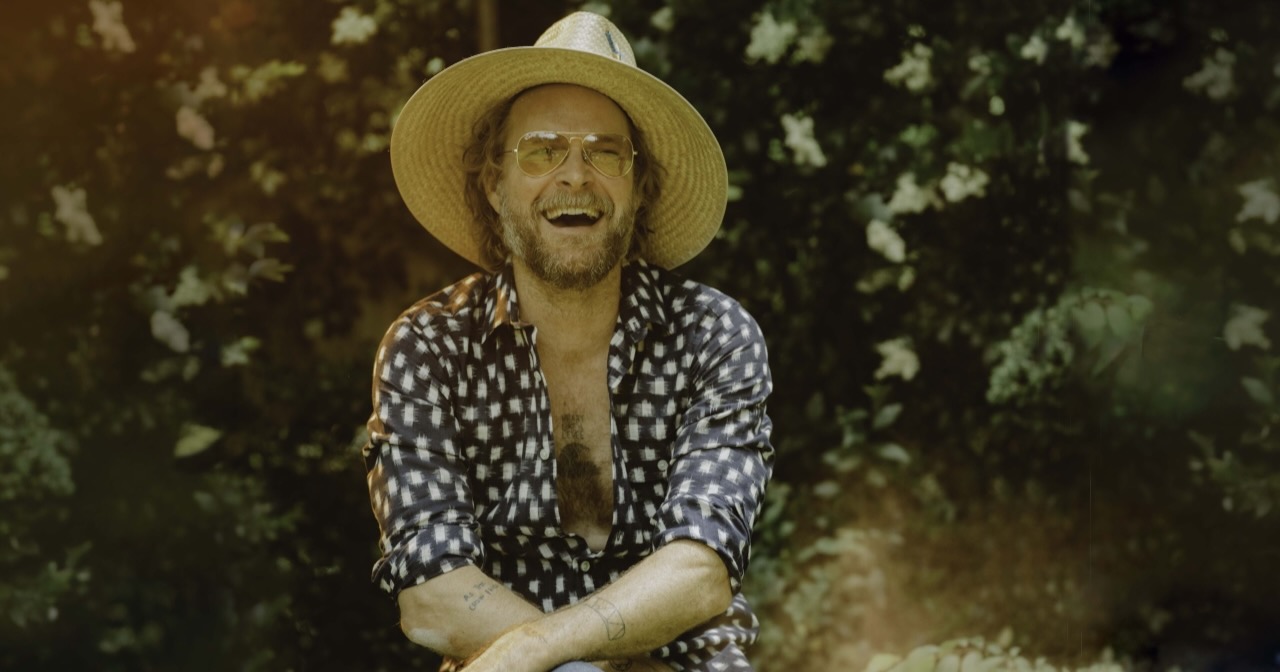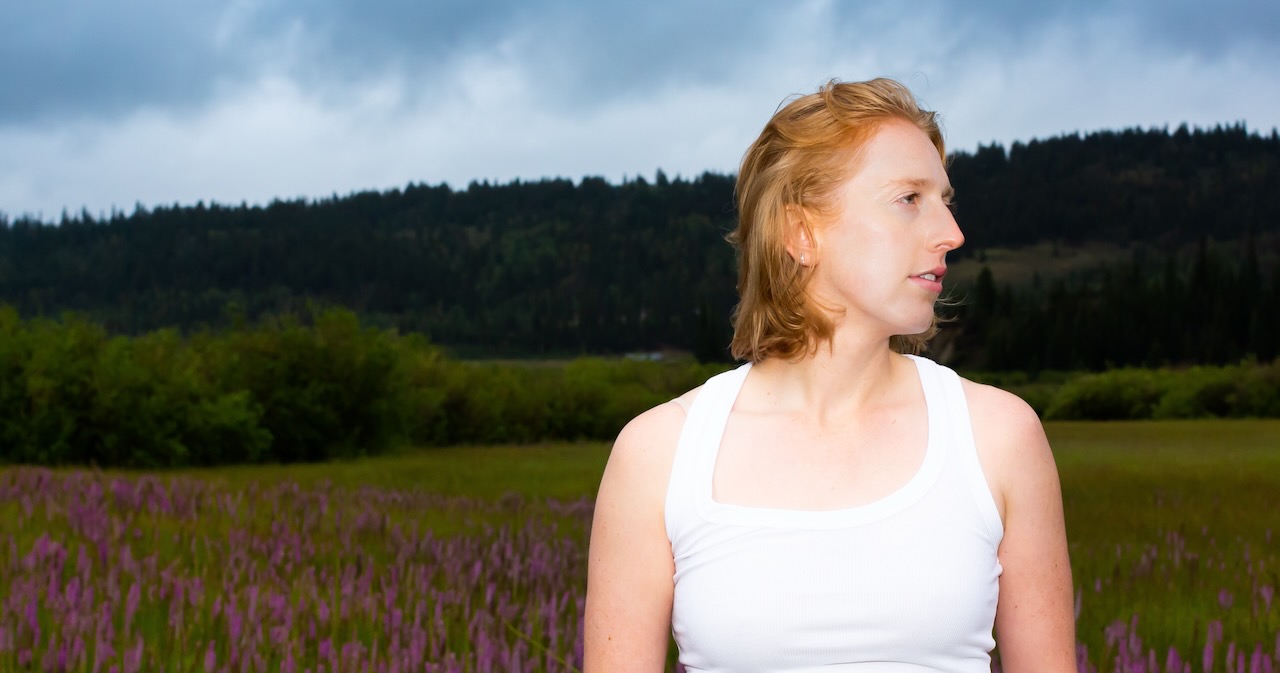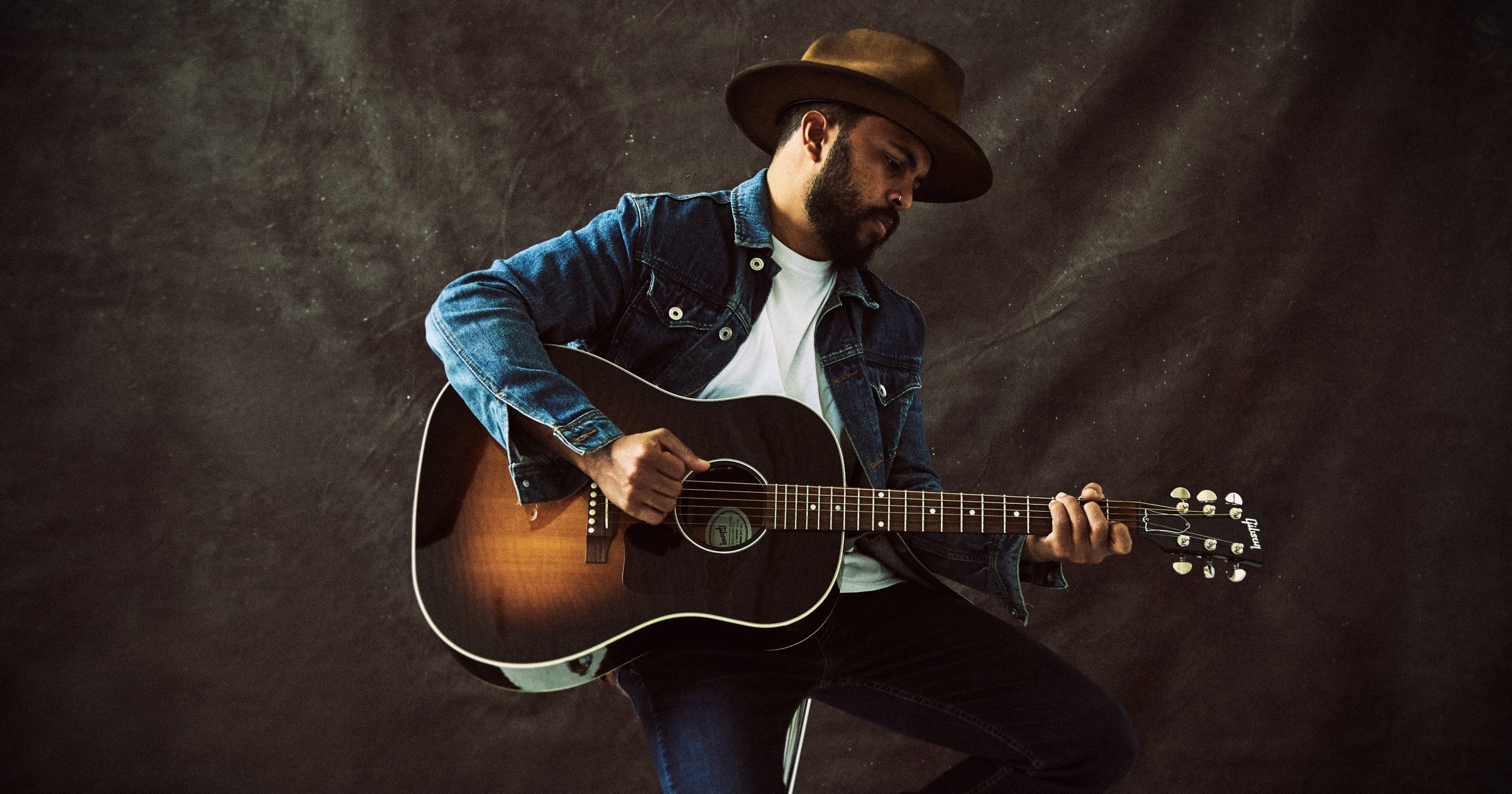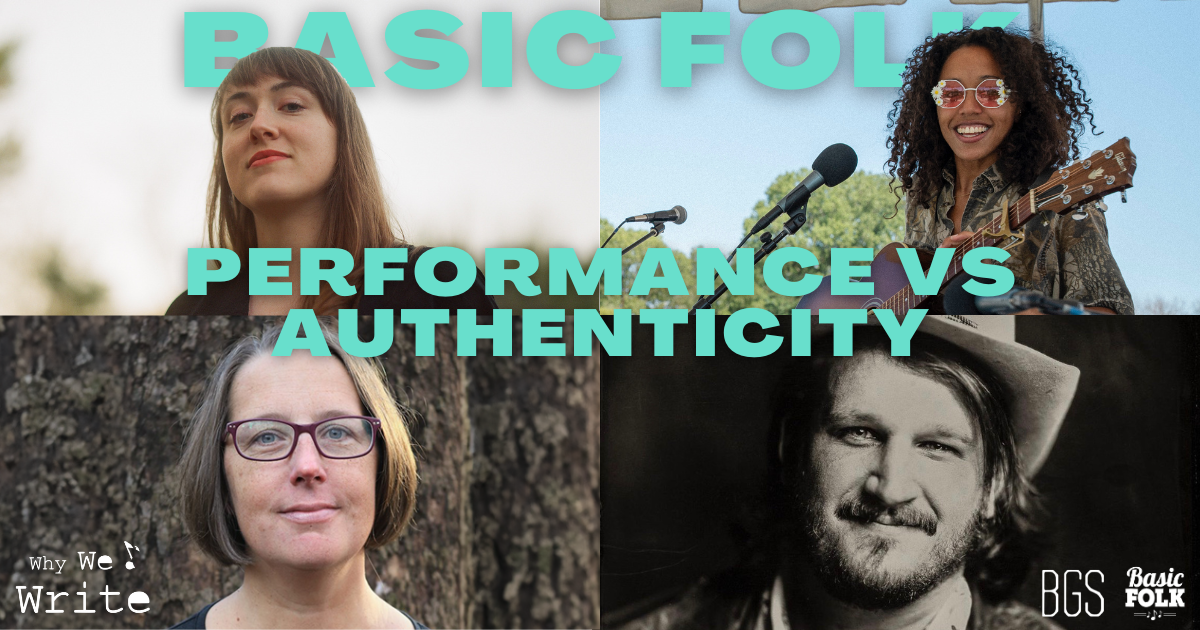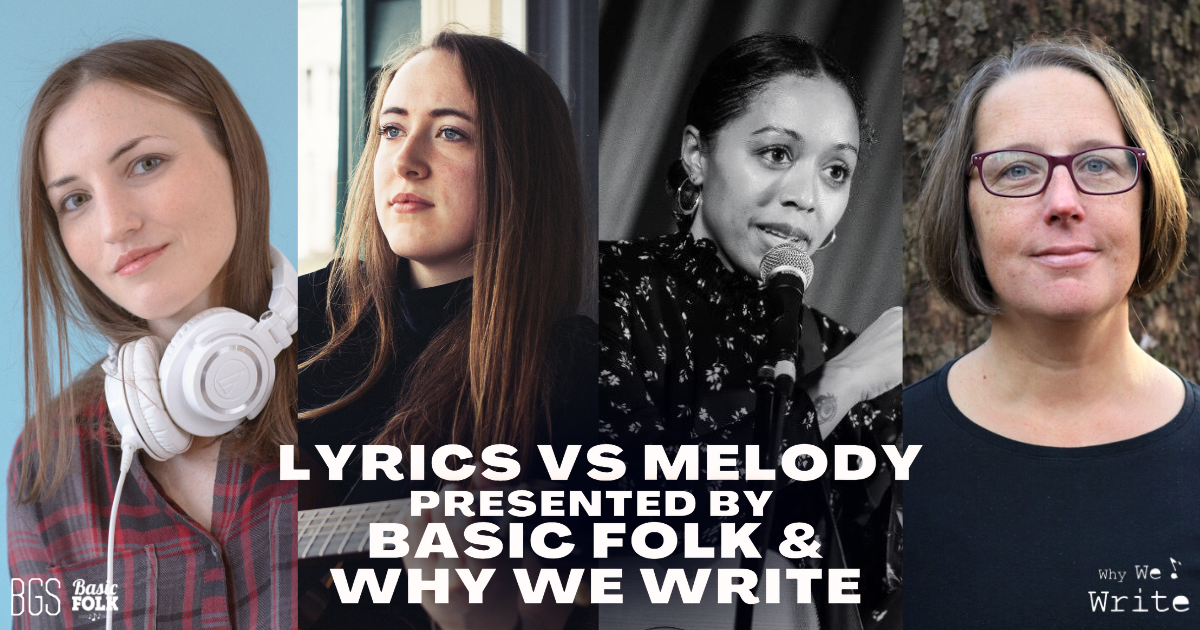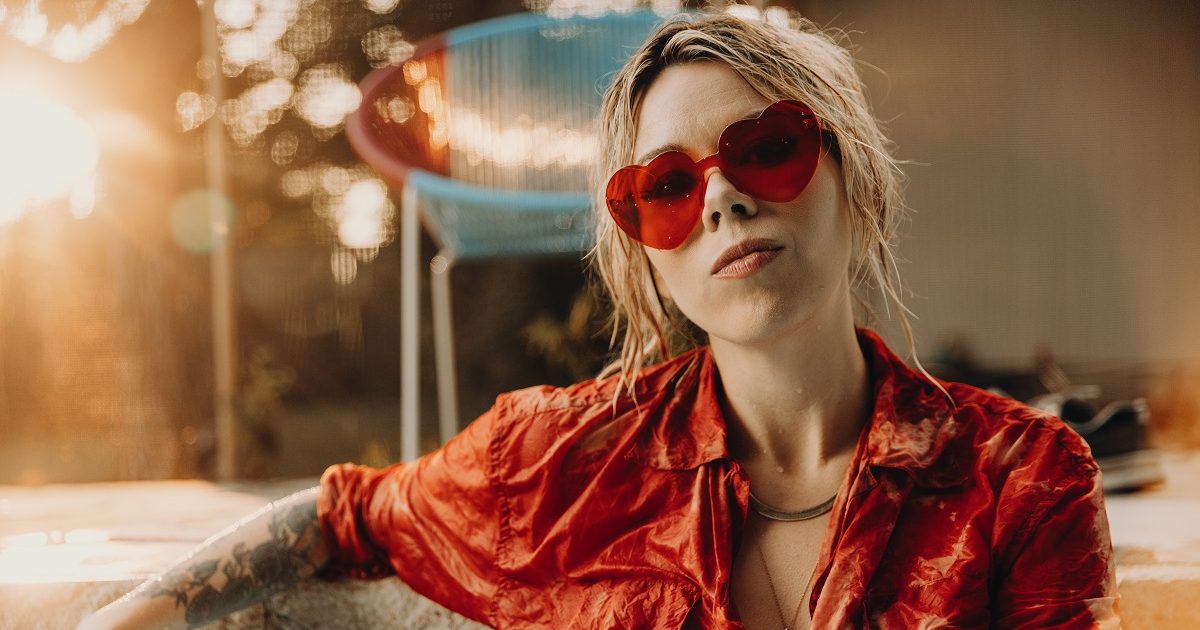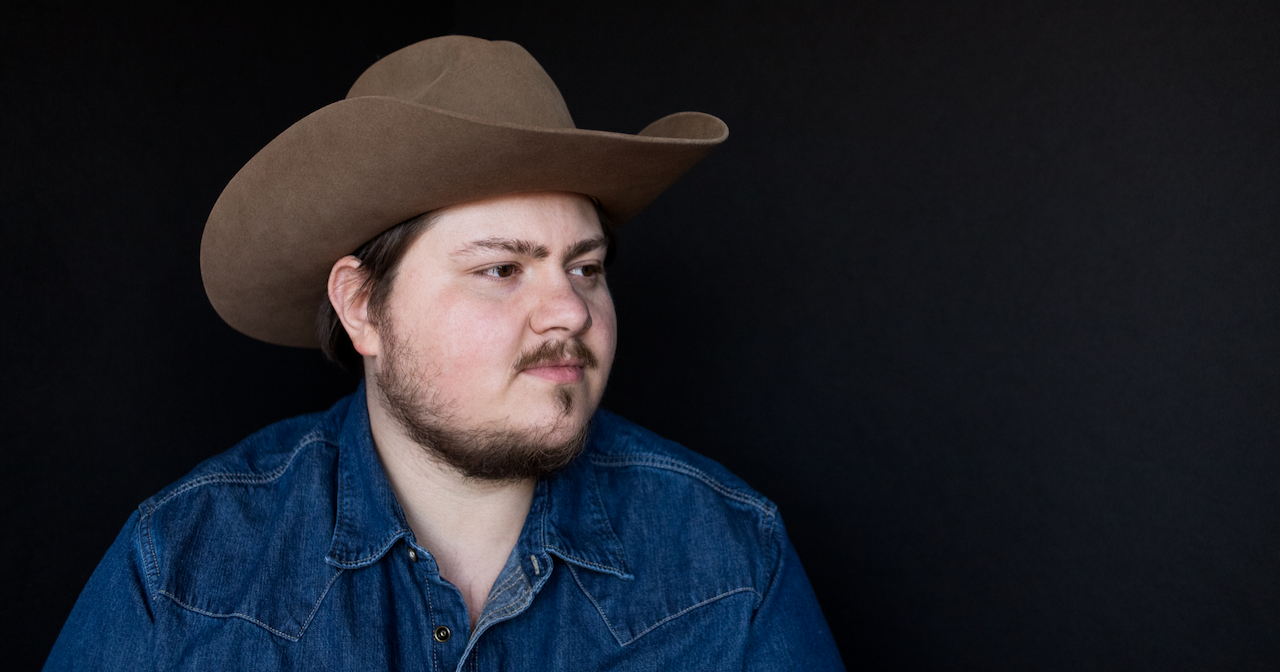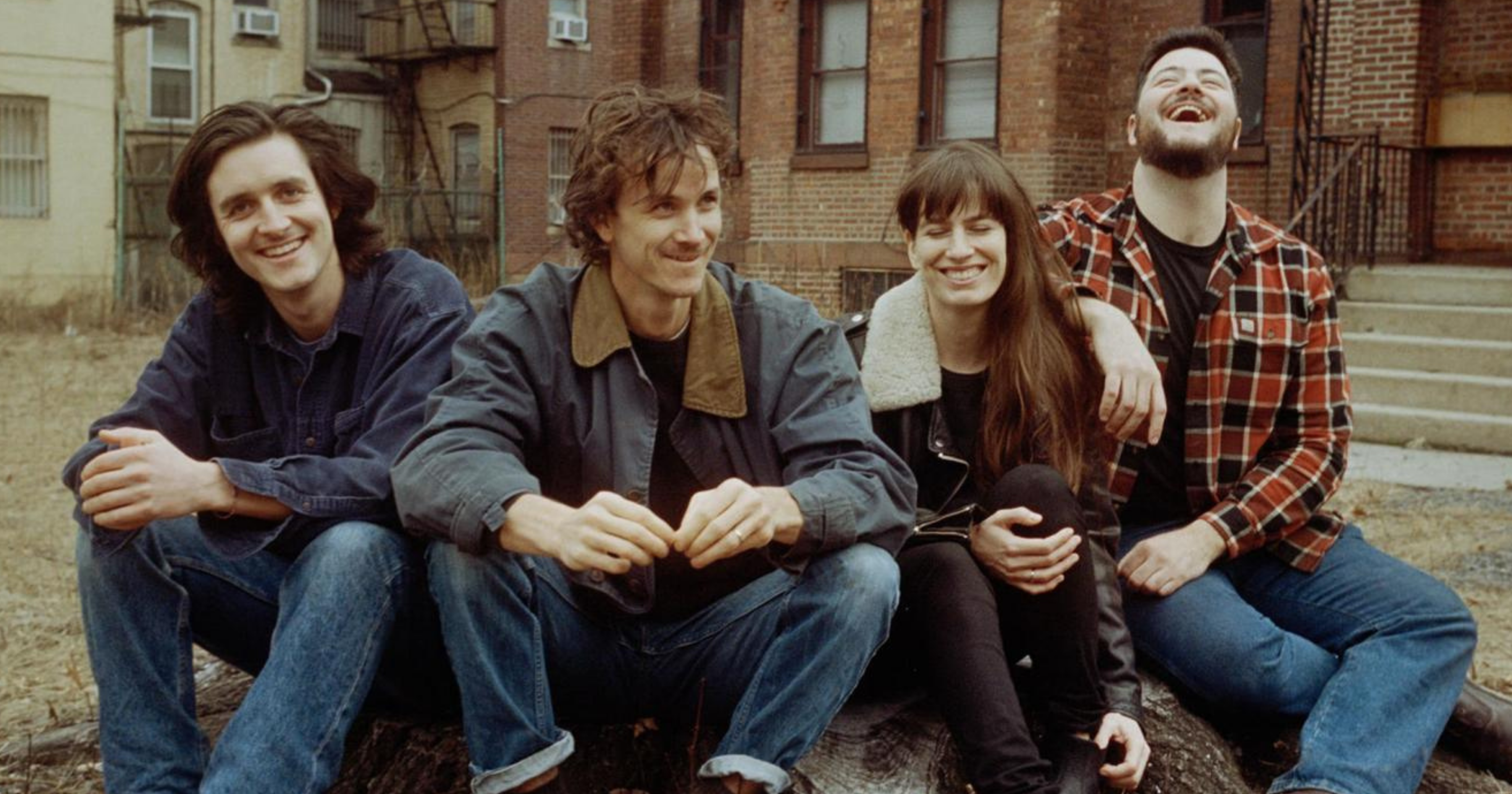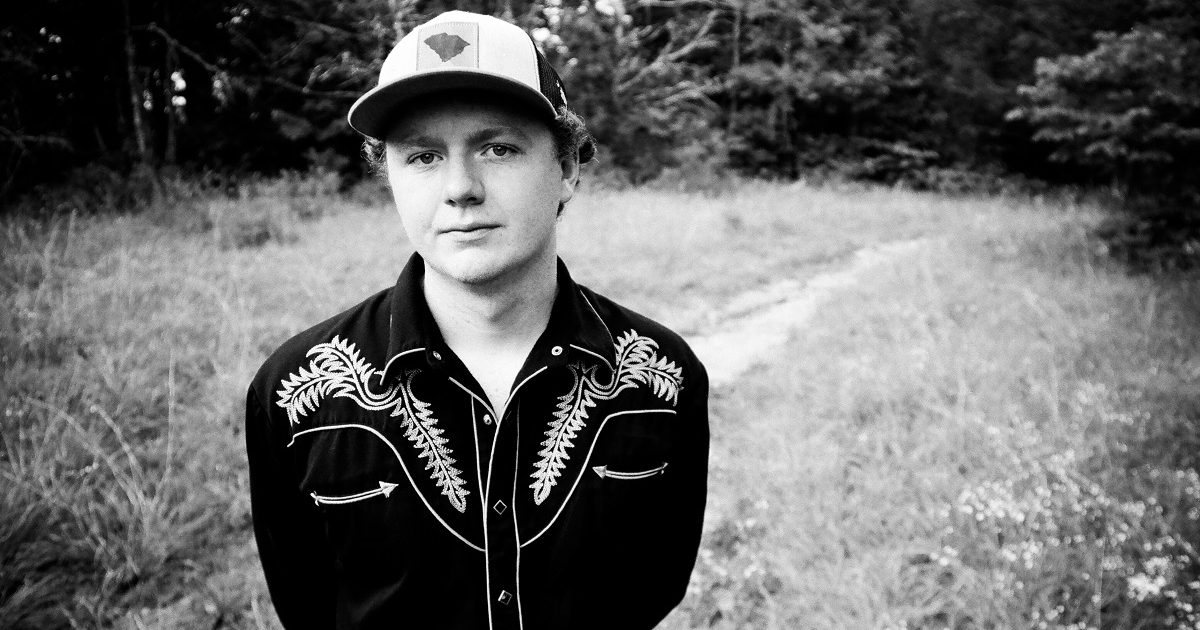It’s become commonplace in our culture for certain public figures to claim they speak for wide swaths of humanity – not just themselves and their families, but their community, nation and even beyond.
Then there’s Mike “M.C.” Taylor, guiding-light frontman of the North Carolina Americana band Hiss Golden Messenger. In speaking to the world through his songs, Taylor often approaches transcendence. But as for who he’s speaking for on this musical journey, well, that’s never in doubt. There’s a reason that pretty much every song Taylor writes is in first-person singular.
“It’s just what I find myself doing,” Taylor says when asked about writing in first-person. “I’ve never thought about it before, but it must be something I do without consciously thinking about it. This particular record really makes sense to me in thinking that way because it’s so autobiographical. Not all the scenarios are purely true, or belong to me. But it’s as autobiographically as I’ve ever written on a Hiss Golden Messenger album.”
The album in question is Jump For Joy (out now on Merge Records), the latest entry in what is fast becoming a sprawling Hiss Golden Messenger discography going back more than a decade. As listenable as it is plain-spoken, Jump For Joy is another earthy shot of country-soul love. It brings to mind some of The Band’s best work from their prime, conveying not just a journey of realization but how hard a trip like that can be.
Taylor’s longtime bandmate, Chris Boerner, describes him as “a deep, complicated human being.” And if he has a reputation as zen master, it don’t come easy. “The Wondering” finds Taylor asking his muse if he could “write just one verse that doesn’t feel like persuasion.” And the very first words Taylor utters on the album-opening, “20 Years and a Nickel,” are, “There’s no such thing as a simple song/I’m convinced of it, I should know.”
By way of explaining where that sentiment comes from, Taylor references an old legend about the late Spanish painter Pablo Picasso being interrupted by a fan at dinner one night and asked to dash off a quick drawing on a napkin. So Picasso quickly sketched a goat and named his price for it: $100,000. Stunned, the man asked how less than a minute of sketching could possibly be worth a price that high. Picasso took the sketch back and replied that it hadn’t taken 30 seconds, but 40 years.
“In my experience, I’ve come to realize that no songs are simple,” Taylor says. “Regardless of how long it takes – whether you get lucky and it’s one of those songs that comes in 15 minutes, or three years – I have come to believe that the same amount of complexity goes into both. Even when I’m trying to write a ‘simple’ song, which that one was, it bears the weight of my having worked at it for 30 years. Every seemingly simple line carries that many years and versions of itself beneath the surface.”
At the same time that Jump For Joy is as autobiographical a set of lyrics as Taylor has ever written, the album also has the most outside input of any work in the Hiss Golden Messenger catalog. It has an ensemble feel with a loose-limbed swing to the rhythms, and some genuinely unexpected sonic flourishes. Most notably, “Shinbone” is hung on a synthesizer riff that sounds like it came straight from Talking Heads, circa Speaking in Tongues.
“Mike is definitely responsible for all the lyrics and themes, and he’s the main driving force harmonically,” says Boerner, the group’s lead guitarist as well as Taylor’s main in-the-studio co-pilot. “The rest of it is a lot more contributions from the rest of the band than previously. It’s really something we made together, and I feel like you can hear it. I hope that comes across.”
Scattered across the album are three little atmospheric interludes Taylor inserted late in the process, each of them less than a minute in length. They’re highly idiosyncratic, almost functioning as in-jokes with old field recordings layered in. One of them, “Alice,” features the legendary folk maven Alice Gerrard (whose Grammy-nominated 2014 album Follow the Music was produced by Taylor) counting one to eight so quietly you’ll miss it if you’re not paying attention. She is credited in the liner notes with “counting.”
“I was just looking for a way to let this album breathe a little bit,” Taylor says. “I still try to make long-playing records where you start with side one, track one and let it roll all the way to the end of side two. With that intention comes a desire to let there be a little space between the songs with singing. Like pausing to take a breath. It just felt right.”
Those catch-a-breath in-joke moments serve as respite, too, because Jump For Joy finds Taylor’s thematic leanings as heavy as ever. “Jesus Is Bored (A Teenager Talks to God)” has a reference to the “Starvation Army.” The album-closing “Sunset on the Faders” asks, “Is this how the poets learn to die?” And “Nu-Grape” likens songwriting to stone-cutting.
“When I’m not being zen about it, I do feel like songwriting is that way,” Taylor says. “When I start thinking of it in terms of permanence and lasting forever, it can even feel like gravestone-cutting. When I think in those terms and start feeling like I need to get it exactly right, that kind of pressure is not going to improve the work. So ‘Nu-Grape’ is at root about the impossibility of permanence. A celebration of the attempt to step lightly.”
Indeed, Jump For Joy is actually an apt overall title because, for all the heaviness, it still feels like an attempt to buck up against the long odds of life on planet earth. Times are tough, but redemption is still possible. Or as Taylor puts it in the title track, “Nothing’s a given, in the Book of the Dead or the bed of the living.”
“Each new day seems to contain ever more challenges that can feel insurmountable,” Taylor says, “whether it’s politics, climate, or whatever else. How do I choose to express my energy? Do I look inward and get small? That’s the way I perceive (2021’s) Quietly Blowing It now, turning inward. This one is trying to do something that’s harder for me, which is to be more public-facing. Gather what strands of hope and joy I can and use those to guide me forward even when pessimism feels easier. I have kids, so my perspective on the way the world feels stretches beyond my lifetime. I want to learn to be the person saying, ‘It’s tough out there right now, but there’s still something about humanity that’s worth fighting for.’”
Photo Credit: Graham Tolbert
